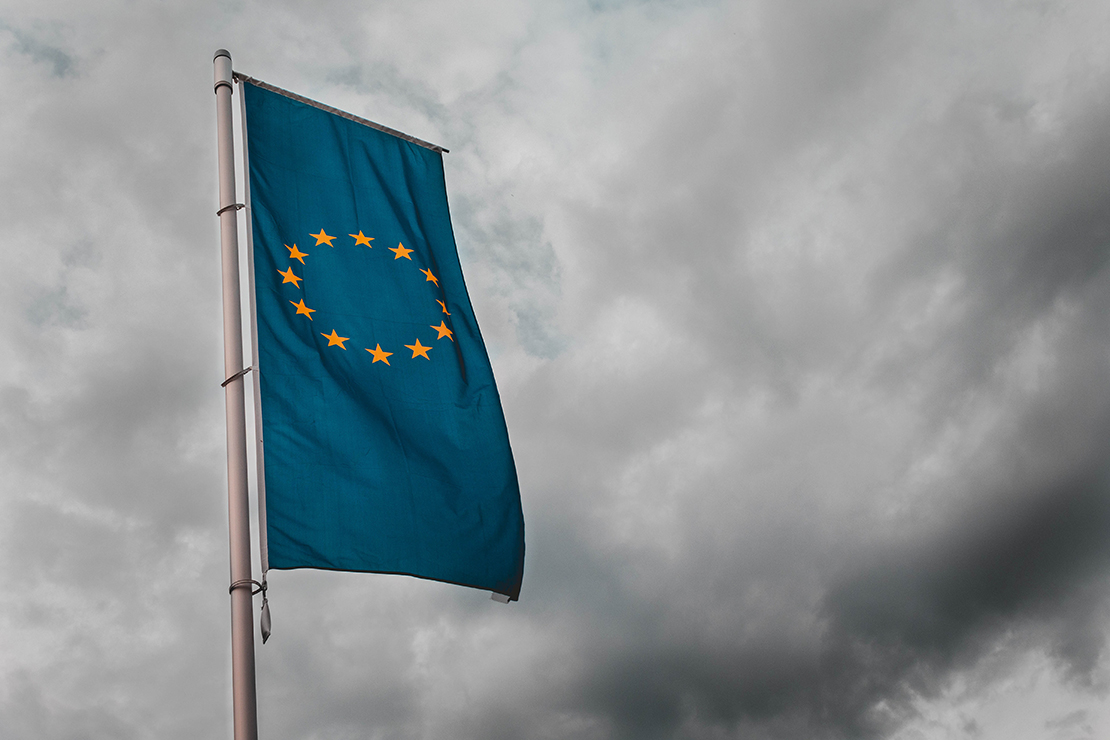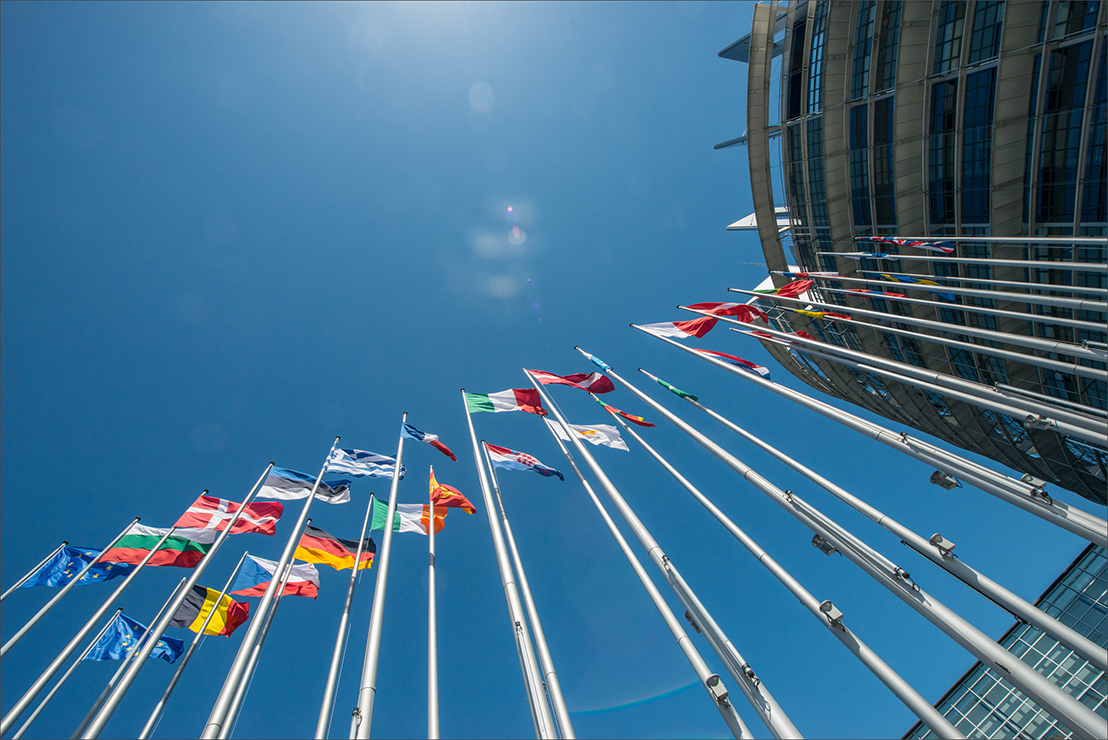Authors

Bárbara Matias
international and European integration issuesa six-month period, with Bulgaria having taken over from Estonia on January 1st 2018. Besides supporting the efforts of the High Representative of the Union for Foreign Affairs and Security Policy, Federica Mogherini, and the President of the European Council, Donald Tusk, in policy fields ranging from security and defense to development and trade, a main focus of the Bulgarian presidency was the Western Balkans.
The current European Commission mandate has long boasted enlargement as a priority in the EU agenda. The EU enlargement policy is trusted to not only fortify the security and stability of Europe, but also offer a future of connectivity and increased opportunities to the Balkan Peninsula. It is a forward-looking strategic priority which revolves around deepening regional cooperation and developing good neighborly relations – the future of the Western Balkans is believed to be within the European Union, and the ambition of the Bulgarian presidency is to encourage each country’s progress through needed accession-related reforms.
However, despite the formal ambition to invest in candidates’ merit-based membership, the integration impasse the region has long suffered from is overpowering. The will of the Presidency of the Council of the EU may be to ‘’achieve a clear action plan with each of the countries, without creating unrealistic expectations but with concrete steps’’[1], yet challenges mount. The straightforward mission toward effective peace-building and regional prosperity was once more held hostage by varied domestic interests during the Bulgarian mandate.
In the recent EU-Western Balkans summit held in Sofia on 17 May 2018, Bulgaria had the goal of sending a message of unity and high-level cooperation among the EU28. In fact, Bulgaria chose its own national motto as its presidency motto – ‘United we stand strong’[2] – similarly reaffirming the Western Balkans’ part in bulking up Europe and the EU as a strong global actor. The May 2018 summit was of great importance, it being the first EU-Western Balkans summit since the Thessaloniki meeting of June 2003 set the ball rolling on integration of the six countries. It therefore proved how integration matters have escalated in an underwhelming way despite real commitment by Bulgaria as Council President and other Member States as EU actors.
For starters, not all Member States representatives were present: Spanish Prime Minister Mariano Rajoy did not attend the summit solely out of protest over Kosovo’s participation and consideration as hopeful candidate[3]. When push comes to shove, the Kosovo issue is always the biggest troublemaker in such gatherings. At the conclusion of the summit, the draft declaration labelled the six Western Balkan countries as ‘partners’ rather than ‘states’ or ‘countries’ in direct allusion to Kosovo’s disputed status among EU Member States[4]. Discord was also present in labelling the final statement to come out of the summit, given initial apprehension on it being endorsed by both the EU and the six countries. At the end of the day and, likewise at the end of each summit or round of international talks, the underwhelming results seem to repeat themselves. The Bulgarian Presidency of the Council of the EU had the ambition to be a ‘Balkan Presidency’ – the strategic focus was committed to betting on connectivity at all levels fields with the vision that the EU is the best geostrategic choice for the Western Balkans, rather than delivering more requirements or optimistic timelines.
Yet the key themes of regional cooperation and good neighborly relations linger on, both as tools for stability as tools for deadlock. In terms of continuity and assurance of strategic results by the Council, the presidency is held by a trio of Member States that work under a common work programme for 18 months – the current trio Estonia-Bulgaria-Austria presides until December 31st 2018. With Austria’s presidency and respective detailed 6-month programme a month away from its start, all eyes are now on how the EU agenda will have continuity and move forward, as well as how standstills will be overcome. The Austrian Presidency has set ‘’A Europe that protects’’[5] as its motto, which encompasses securing prosperity and competitiveness through a rapprochement with the Western Balkans.
Bulgaria being one of the most recent countries to accede to the Union in 2007 and holding close ties to the Balkan Peninsula, the commitment of its Presidency to a sustainable and integrated progress of the Western Balkans was real and cautiously optimistic. Yet once more the deliverables did not come through, chiefly for the case of Kosovo and how its mere participation triggered warning signs in certain non-recognizing Member States. As the EU enlargement policy continues to be pursued, accession negotiations are tentatively to be opened with Albania and Macedonia, and the Kosovo-Serbia dialogue enters its final phase, it is now up to the Austrian Presidency to deliver a unified and consequential approach on this key topic in EU foreign policy.
[1] Bulgarian Presidency of the Council of the European Union, ‘’Western Balkans’’, available at: https://eu2018bg.bg/en/28.
[2] Bulgarian Presidency of the Council of the European Union, ‘’Programme’’, available at: https://eu2018bg.bg/en/programme.
[3] B92, ‘’Spanish PM decides to snub EU-Balkans summit over Kosovo’’, May 15 2018, available at: https://www.b92.net/eng/news/world.php?yyyy=2018&mm=05&dd=15&nav_id=104161.
[4] EU-Western Balkans Summit, Sofia Declaration 17 May 2018, available at: http://www.consilium.europa.eu/media/34776/sofia-declaration_en.pdf.
[5] Austrian Federal Ministry for Europe, Integration and Foreign Affairs, ‘’ The Austrian Presidency of the Council of the European Union – 2nd half of 2018’’, available at: https://www.bmeia.gv.at/en/european-foreign-policy/european-policy/eu-presidency-2018/
What the Bulgarian presidency of the Council of the EU meant for the Western Balkans

 Download PDF
20/06/2018
Download PDF
20/06/2018Share article
Related Espresso Insights
March 4, 2024
Espresso.Insights
Passport Hangover: What’s next after Spain’s Kosovo breakthrough?

January 16, 2023
Espresso.Insights
Recognized but not supported: Hungary's stance on Kosovo's EU bid

Latest Publications
April 8, 2024
Policy Analysis
Reflecting on the Third Year of Kurti II: Setbacks and Achievements in Rule of Law, Public Administr ...
March 22, 2024
Policy Analysis
Lost, “in the Twilight Zone” Rebutting the Court’s Blunder
March 7, 2024
Policy Analysis




